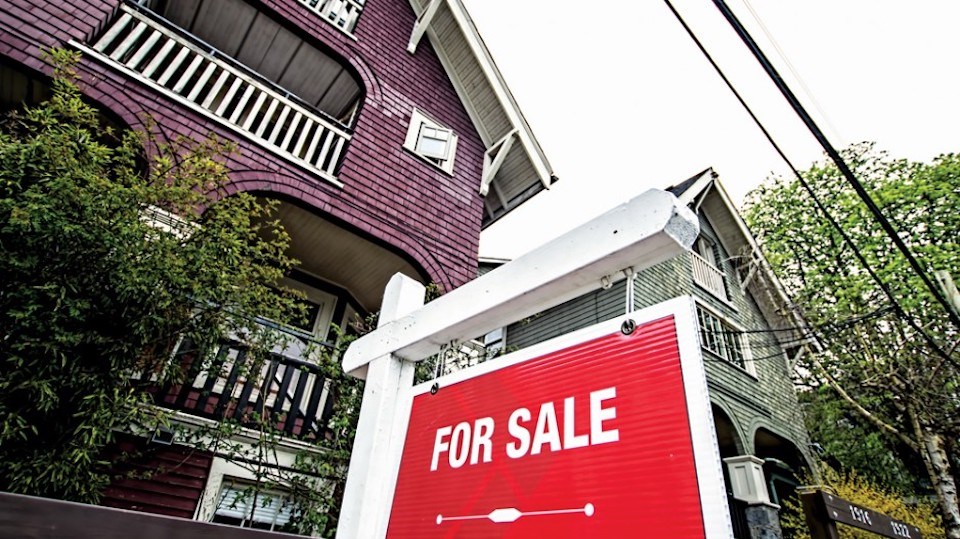Vancouver housing prices keep hitting record highs – so it’s no surprise that affordability will be a point of contention during the municipal elections later this year.
Despite the recent price drop in April, houses are still selling at about five per cent above 2021’s peak.
But housing prices do not have the same impact on everyone. A price increase that makes housing unattainable for one person is an unrealized capital gain for another. That makes housing a perpetually divisive issue across the Lower Mainland.
“It’s some residents against others – where those who currently have ownership continue to benefit from increasing prices,” said Stewart Prest, Simon Fraser University political science lecturer. “On the other hand, we have what is clearly a housing crisis, which is unsustainable for anyone who doesn’t already have an ownership stake.”
Tom Davidoff, director of the University of British Columbia’s Centre for Urban Economics and Real Estate, said the way these issues play out during the election is relatively predictable. Parties and candidates will likely settle somewhere on the spectrum between the two camps, one more toward development and upzoning and another that leans to the maintenance of the city’s character.
Housing affordability has for years been a front-and-centre issue in the region’s municipal elections, but little has been done to address the issue. If the problem isn’t tackled more effectively, Prest said, Vancouver will continue to see churn within the population that can’t afford housing. People will move into the city for a short period, only to move out shortly afterward. Unlike previous generations of residents, new arrivals find it difficult to put down roots in the city.
As the city becomes less affordable, it’s feared that the labour shortage will worsen because people have been priced out of the city, particularly in the restaurant, retail and service industries.
But what can municipalities do about the conflict over housing affordability? When do higher levels of government need to step in?
Davidoff said municipalities can have a big influence, pointing to what Vancouver has already accomplished with its empty-homes tax.
“You can say we need more social housing, we need more money [from higher levels of government], but I mean getting housing built is something the city can do,” Davidoff said. “Restricting demand it doesn’t like is something the city can do. The city could in principle raise property taxes and spend it on affordable housing. The city can absolutely rezone and create a lot of value. There’s an awful lot the city can do.”
Prest agreed that cities are the front lines of this conflict, and municipal governments need to work to address the issue, but added that the issue is far from limited to Vancouver.
“Municipal governments are limited in what they can do, and the provincial government has a role to play in prioritizing the overarching issue of housing affordability over local concerns regarding maintaining neighbourhood characteristics,” Prest said.
While the provincial government wields the policy clout, it will need federal dollars to prioritize development and fund below-market housing.
“We’re still seeing the affects of federal austerity measures in the early [2000s] that pulled money away from building below-market housing and the provinces are not able to make that up,” he said.



